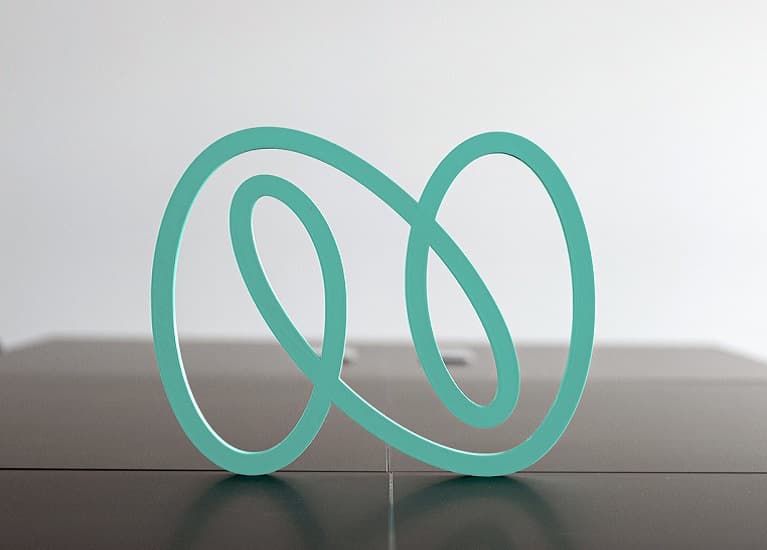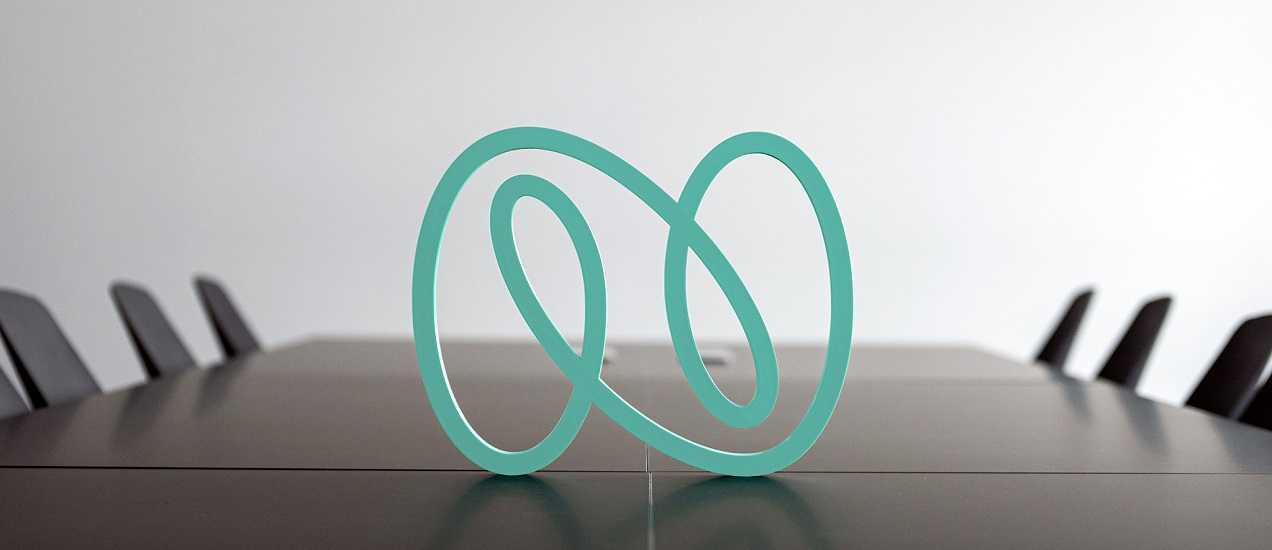
Vikas Burman
Chief Technology Officer
 1 idea, 2 databases, 3 technologies, 4 personas, 5 integrations, 6 screens, 8 workflows, and 9+ APIs – all delivered in 7 days. This was no ordinary project – it was a long-standing transportation problem handled through technology in flat 7 days.
1 idea, 2 databases, 3 technologies, 4 personas, 5 integrations, 6 screens, 8 workflows, and 9+ APIs – all delivered in 7 days. This was no ordinary project – it was a long-standing transportation problem handled through technology in flat 7 days.
The vision
It all started with a vision to improve last-mile connectivity in the Delhi NCR (National Capital Region). Jangid Motors, a fast-growing electric vehicle company based out of Gurugram, India, contacted Nagarro to partner them in solving the complex challenge riders of public transport face in the last leg of their journey from the metro stations (intra-city rail transport system) to their destination. Through this initiative Jangid Motors also wanted to streamline the completely unorganized e-vehicle sector in this region.
As a first step, Nagarro organized a 36-hour Hackathon to generate ideas on solutions for last mile connectivity. With the ideas from the Hackathon as a base, Nagarro embarked on a path-breaking 7 day assignment with Jangid Motors.
The partnership
After several rounds of closed room discussions on functional, non-functional flows and use cases between the Nagarro and Jangid Motors teams, a proposal was presented to the Delhi Metro Rail Corporation (DMRC). Based on this meeting, Jangid Motors was awarded exclusive rights to operate electric vehicles at several metro stations in the NCR region. There were only 50 days to go-live out of which several days were required for field testing with a real production ready product. Meanwhile DMRC also wanted to see a running product demo before that.
The real test: Minimum Viable Product (MVP) in 7 days
Nagarro used their Enterprise Agile approach to perfection here. The chosen set of technologies were MySQL, MongoDB for database, Android native for the mobile app, NodeJS for server side programming and HTML 5 and JavaScript for client side programming. A team came together to carry out a fast-paced, no-break, 7 day marathon to MVP delivery. A quick synopsis of this 7 day express delivery goes somewhat like this.
Day 1 – Conceptualization: The idea was discussed with the development team to get them up to speed with the concept. The day was spent in conceptualizing the overall solution together and developing a high level design.
Day 2 – Design: Digging complexities of the requirements and addressing them in the application design was the focus on this day. End to end technology stack, application architecture and database design was the tangible outcome.
Day 3 – Coding: Coding was started for the Android app and backend APIs. Database scripts were completed by the end of the day.
Day 4 – Ops: Basic deployment ops over cloud along with integration preps for third-party services were setup and unit tested.
Day 5 – Integration: Continuing work through the weekend, the Android app integration with the APIs started for the first time. It was a tough, long day for the team ironing out integration issues.
Day 6 – Testing: Integration was a rough beast, took another half a day, before it was finally tamed. The real end-to-end testing of business workflows was done for the first time. Testing didn’t go as expected, but the solution worked end to end.
Day 7 – Staging: Actual field testing was done – moving around the city with the Android app on a device. Server coding on the cloud was also carried out at this stage. Some minor glitches here and there, but by the end of day, there was a working code without any show-stoppers. Code checked and ready to be delivered to the customer.
The 7 day delivery was complete!
+1 Day – Beta: Jangid Motors field tested the application with real EVs, giving Nagarro some GPS related bugs at the end of the day.
+2 Day – Production: After fixing field testing bugs, the code was pushed to the production environment on MS Azure.
+3 Day – Demo: This express delivery was seeing the light of the day – JM’s demo to DMRC. The demo ran smoothly on the production environment leaving the DMRC team impressed.
The result
The result was a mobile app that provides hassle free and affordable last mile connectivity to commuters through electric vehicles (e-rickshaws). A rider can use their metro card to check-in to any nearest e-rickshaw and book a ride. The fare and distance is calculated on check-out (through the app) and the passenger is charged based on the rate card. The mobile app opens the possibility of setting up cashless transactions and wallet integration. It also allows e-vehicles to be managed by an automated fleet management system.
The future
The next phase of development involves implementing more interesting features such as payments via metro card, analytics dashboard, real-time EV tracking, etc. And of course there is a matter of solving the issue of first mile connectivity now.

Vikas Burman
Chief Technology Officer




